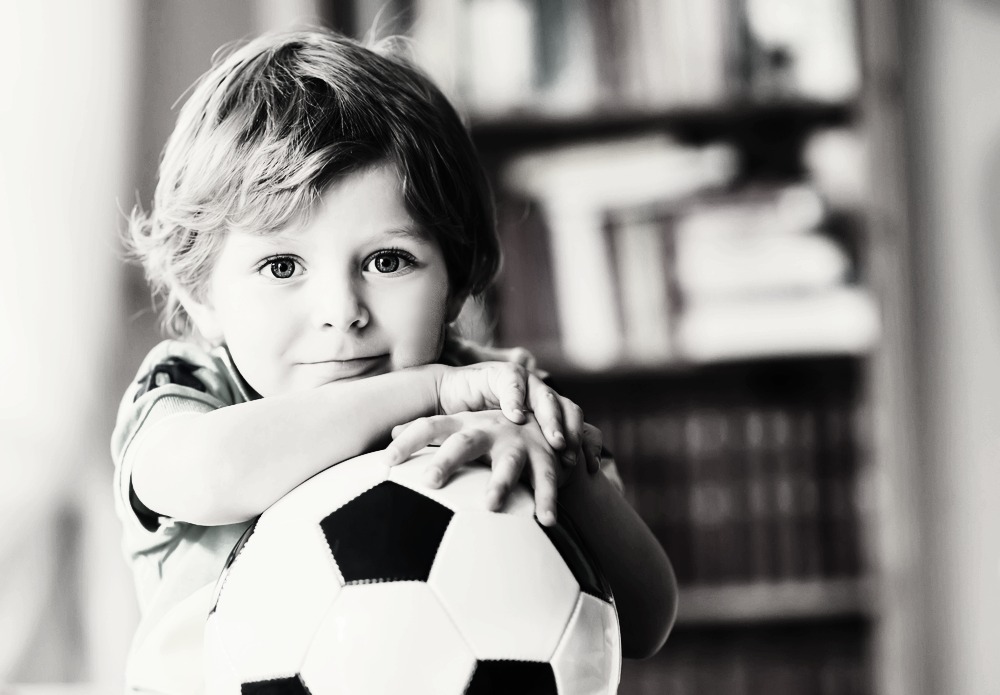Deciding whether or not to bring a pet into the family is a big decision. We bring them in. We fall in love. They love us back. Sometimes they find trouble like it’s what they were put here to do, but then they do that cute face thing they all seem to manage at exactly the right time and we’re deleting the ‘Pet For Sale’ sign ideas from our head.
The benefits of owing a pet on mental health have long been established in the literature. Recently researchers looked at whether there were any particular benefits of pet ownership for children with autism.
They Study. What They Did
70 families who had children with autism participated in the study. The children were aged between 8 and 18. About 70% of the families had dogs and about half had cats. Other pets included fish, farm animals, rodents, rabbits, reptiles, a bird and a spider.
What They Found
Children who lived with a pet had greater social skills compared to those who did not have a pet at home.
As explained by researcher Gretchen Carlisle:
‘The data revealed that children with any kind of pet in the home reported being more likely to engage in behaviours such as introducing themselves, asking for information or responding to other people’s questions. These kinds of social skills typically are difficult for kids with autism, but this study showed children’s assertiveness was greater if they lived with a pet.’
In research conducted specifically on the effect of dogs, it was found that for children with autism, the longer they had owned a dog the better the their social skills were, though living with any pet had a positive impact.
The researchers explained the findings by noting that pets often act as ‘social lubricants’. When pets are around children seem to talk and engage with each other. This could explain why children who have a pet at home are more assertive
As Carlisle explained, ‘Kids with autism don’t always readily engage with others, but if there’s a pet in the home that the child is bonded with and a visitor starts asking bout the pet, the child may be more likely to respond.’
Which Pet is Best for Children with Autism?
The best type of pet depends on the child, but dogs have been suggested as one to keep in mind because they can provide unconditional, nonjudgemental love and companionship.
Interestingly when the children were asked, they reported having the strongest attachment to smaller dogs.
Children with autism are so individual and it’s important to involve them in the decision as to which pet to bring into the family.
If the child is sensitive to loud noises, for example, a dog that is a barker won’t be the best option. If the child has touch sensitivities, the feel of the dog will be important for them.
‘Many children with autism know the qualities they want in a dog, Carlisle explained. ‘If parents could involve their kids in choosing dogs for their families, it may be more likely the children will have positive experiences with the animals when they are brought home.’



Is 14 too old to start looking for a dog for my autistic son? He was diagnosed at age two. We had a cat until he passed this year at age 17. And what about a trained dog for people with autism or a therapy dog?
It’s definitely not too old. I’ve heard great things about the trained dogs you have mentioned, so that might be worth considering too.